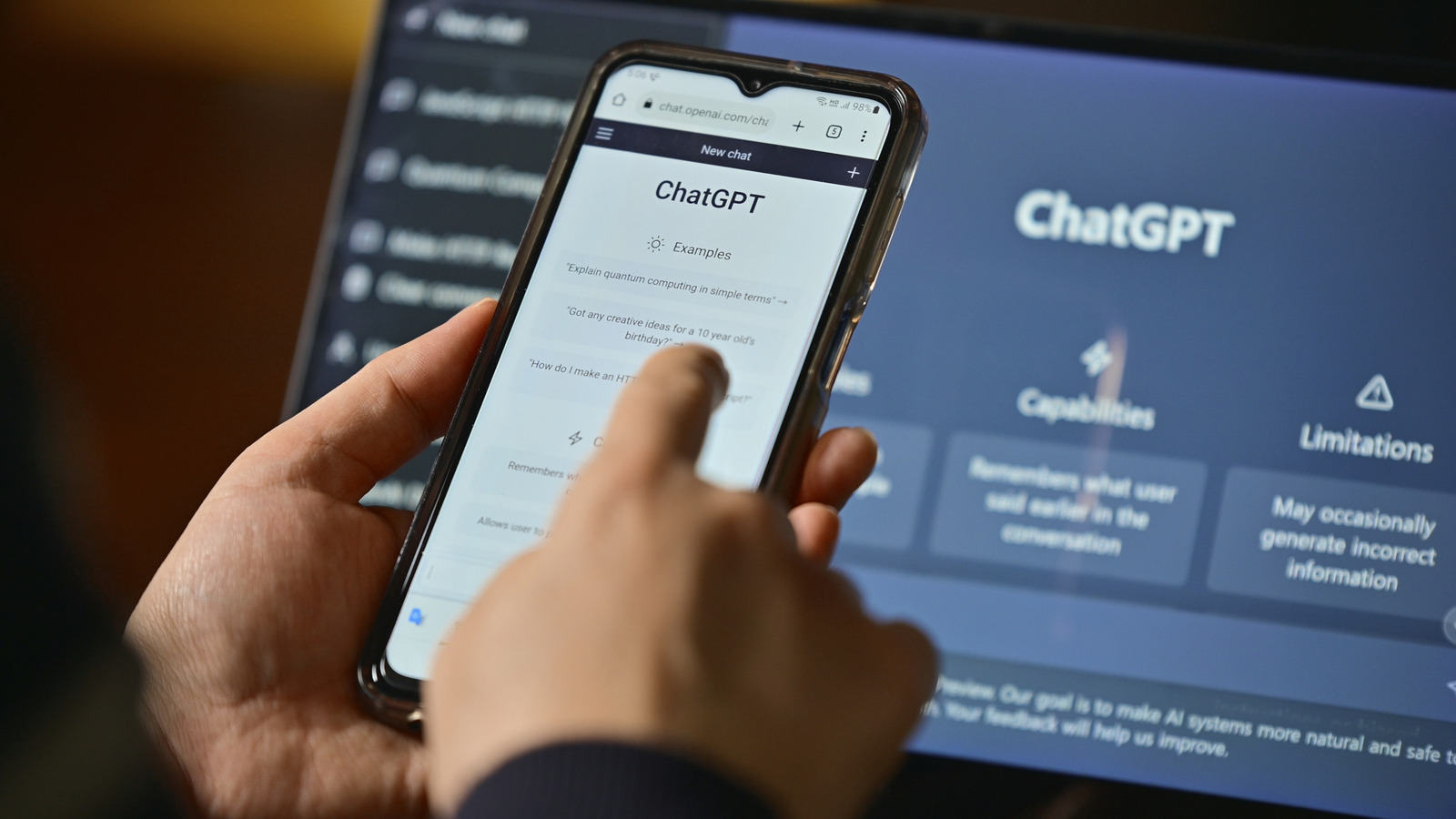
"Unless you've been actively avoiding it, you're probably using ChatGPT in your daily life. It can be helpful in countless scenarios, whether that's drafting emails, learning new skills, or helping you plan an important project. But if you feel like it tends to give generic or half-baked answers, we've put together some tips that'll help you master the app for maximum value. The secret doesn't lie in some hidden hacks or memorizing prompts, but rather in collaborating with it."
"With a few simple strategies, you can say goodbye to random outputs and turn your ChatGPT into something that feels almost like a personal assistant or creative partner. These tips aren't just about getting answers faster but also about some simple habits that'll train the chatbot to work better for you. The great thing is, your creativity and preferences are the key to getting the most out of ChatGPT every time you use it. Try the tips below, and we're sure you'll notice a difference in how the tool works for you."
"One of the easiest ways to master ChatGPT is to give it as much information and context as possible. This will help it give you personalized responses that are far more valuable than the usual generic ones it might give anyone else. For instance, instead of saying, "Give me a five-day London travel itinerary," you could say, "Give me a five-day London travel itinerary that allows plenty of time for relaxation and prioritizes exploring museums.""
Collaborative use of ChatGPT yields better, more personalized results than one-off prompts. Providing detailed context, preferences, and constraints enables the model to tailor responses to individual needs. Specifying style, pace, or priorities—such as relaxation focus or museum visits in a travel plan—produces more relevant outputs. Iteratively editing messages and adding information refines the chatbot's results without rewriting prompts. Small habits and consistent input quality train ChatGPT to serve as an assistant or creative partner. User creativity and clear instructions act as the primary levers for improving output consistency and usefulness over time.
Read at BGR
Unable to calculate read time
Collection
[
|
...
]